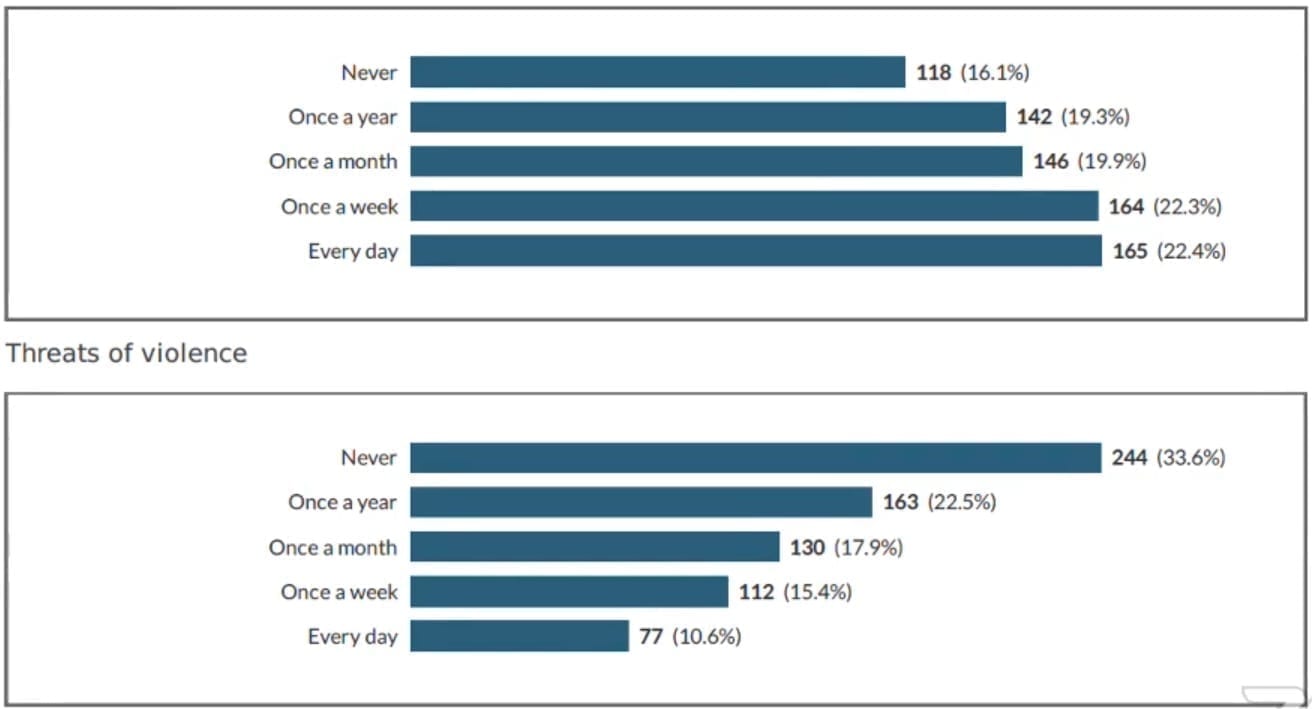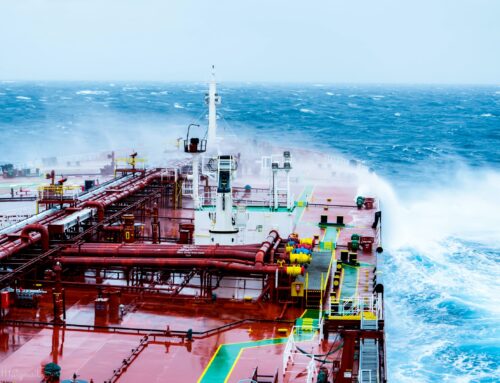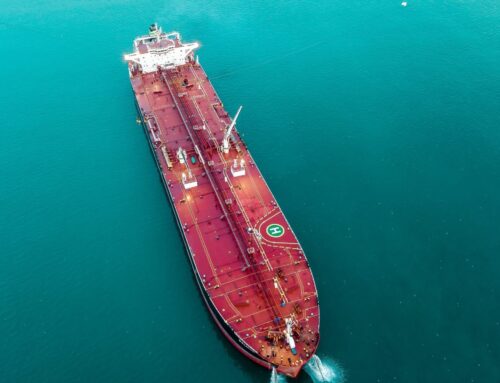On the 9th December, MarSec20+ hosted the a virtual panel discussing how mental health in the maritime sector. This excerpt is taken from Dr. Risto Talas, and his work on mental health in the maritime sector.
Setting the Context:
While aviation has significantly quietened due to the coronavirus pandemic, shipping has not, with an increase in commercial demand. With this increase in commercial demand, serious pressures are placed on maritime personnel.
Dr. Talas first discussed a paper by the University of Cardiff on Seafarers’ mental health and wellbeing from 2019, which revealed that:
- An increase in recent-onset anxiety and depression among seafarers,
- In certain roles seafarers may be particularly prone to emotional exhaustion and ‘burnout,’
- Maritime charities, P & I Clubs and stakeholder organisations recognise mental health and welfare as an important issue, but,
- Employers have failed to recognise the importance of mental health and welfare to the same extent as stakeholders.
- In addition, seafarers are more likely to suffer from isolation, loneliness, lack of shore leave, fear of criminalisation, fear of job loss and separation from family.
Shockingly, the study further found that 55% of employer respondents stated that their companies had not introduced any policies or practices aimed at addressing seafarers’ mental health in the last decade. Instead, seafarers found the provision of free internet to be the greatest improvement to mental health.
The study made multiple recommendations:
- Companies and stakeholders should try to improve the happiness levels of seafarers on board,
- Recent-onset psychological disorders are increasing with serving seafarers,
- Contracts should balance work and leave time for all ranks in a ratio no worse than 2:1, with a maximum of no longer than six months on board (thanks to Covid, these contracts have been breached many times over).
Read Here: Building Cooperation Against Maritime Crime
Secondly, Risto revealed the findings of his work: ‘Mental Health and Wellbeing of Security Operatives in the UK,’ conducted in 2019. Studying 754 security operatives, Risto and his colleagues created a questionnaire based on three other mental health and wellbeing surveys.
On the question: ‘How often have you endured verbal abuse and threats of violence?’ Talas provided two tables outlining the responses. Dr. Talas revealed that 22.4% of respondents faced verbal abuse daily, and another 22.3% weekly. Shockingly, Dr. Talas also revealed that 10.6% of respondents receive threats of violence every day, and another 15.4% receive it weekly.

The questionnaire found that almost 20% of respondents had served in a warzone, and that 43.3% had seen someone be seriously injured or killed.
Indeed, following the DSM-5 checklist (used to identify whether someone has PTSD), Dr. Talas and his colleagues found that 39.3% of respondents met the criteria of having PTSD.
In the face of these findings, many companies were reluctant to cooperate with Dr. Talas and his colleagues since they did not want to know the extent of the problem. This is particularly concerning when many security personnel are former veterans who may be silently suffering PTSD.
Although there is a lack of research on seafarers and Armed Security Teams'(ASTs) wellbeing, one can draw significant parallels from the challenges faced by land security operatives. Compounded with the fact that seafarers are away at sea for significant durations of time, failure to address these problems holds significant risks.
Have you read about any of our alliances? We offer bespoke online platforms for CSOs, PFSOs, and CISOs respectively to work with their fellow security officers in the industry. Find out about our Alliances here.




